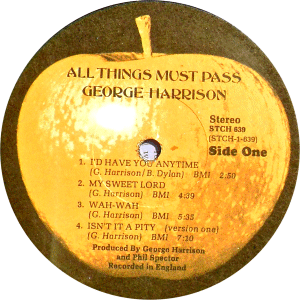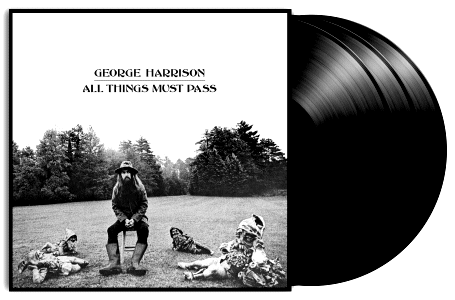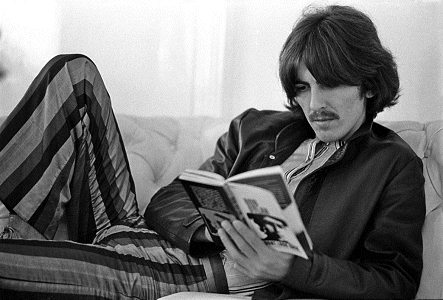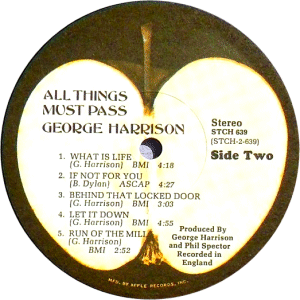 |
Bill
Harry attended
the Liverpool College of Art with Stuart Sutcliffe and John Lennon and made
the arrangements for Brian Epstein to visit The Cavern, where he saw The
Beatles for the first time. Bill was a member of 'The Dissenters' and the
founder and editor of 'Mersey Beat', the iconic weekly music newspaper
that documented the early Sixties music scene in the Liverpool area and
is possibly best known for being the first periodical to feature a local
band called 'The Beatles'.
He has worked as a high powered publicist, doing PR for acts such as Suzi
Quatro, Free, The Arrows and Hot Chocolate and has managed press campaigns
for record labels such as CBS, EMI, Polydor. Bill is the critically acclaimed
author of a large number of books about The Beatles and the 60s era including
'The Beatles Who's Who', 'The Best Years of the Beatles' and the Fab Four's
'Encyclopedia' series. He has appeared on 'Good Morning America' and has
received a Gold Award from the British Academy of Songwriters, Composers
and Authors. |



